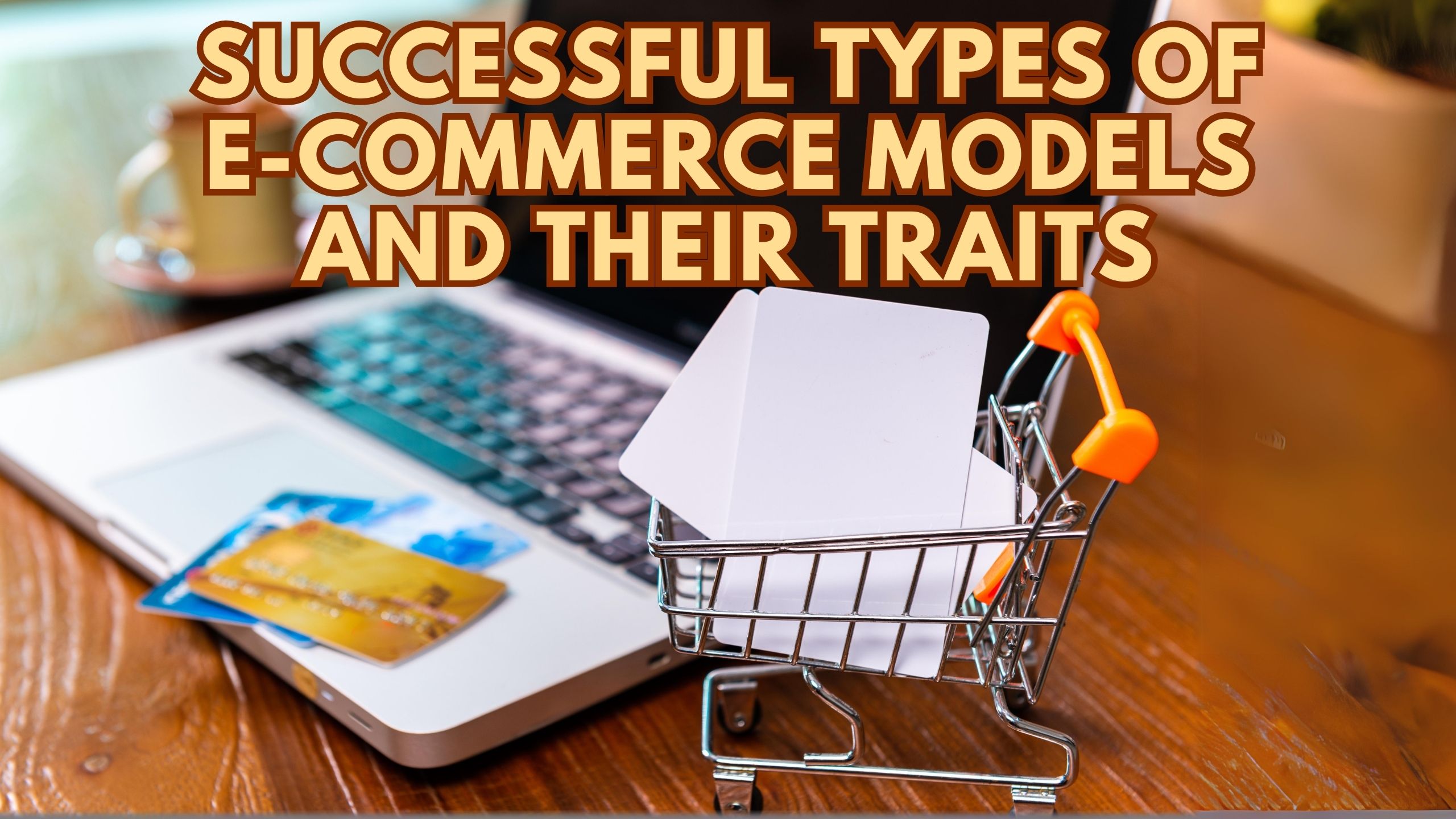Successful Types of E-commerce Models and Their Traits


Successful Types of E-commerce Models and Their Traits
In the rapidly evolving landscape of e-commerce, choosing the right model can significantly impact the success of your business. Different types of e-commerce models come with distinct traits, advantages, and challenges. In this comprehensive guide, we’ll delve into five successful e-commerce models, exploring their traits and recommending relevant SaaS products to streamline and enhance your operations.
1. B2C (Business-to-Consumer) E-commerce
B2C e-commerce involves businesses selling products or services directly to consumers. This model often relies on user-friendly interfaces and personalized shopping experiences. Notable traits include a consumer-focused approach, seamless transactions, and targeted marketing efforts.
Shopify
Shopify is a versatile e-commerce platform, known for its ease of use and robust features. It enables businesses to create customizable online storefronts, manage inventory, and optimize for a smooth B2C transaction experience.
2. B2B (Business-to-Business) E-commerce
B2B e-commerce focuses on transactions between businesses. This model typically involves bulk orders, negotiations, and long-term partnerships. Key traits include negotiation capabilities, scalable solutions, and advanced analytics for informed decision-making.
BigCommerce
BigCommerce is a powerful B2B e-commerce solution designed to handle large-scale transactions. It provides features like bulk pricing, account management, and customizable catalogs, making it ideal for B2B interactions.
3. C2C (Consumer-to-Consumer) E-commerce
C2C e-commerce facilitates transactions between individual consumers. Platforms under this model connect buyers and sellers, fostering a peer-to-peer exchange environment. Notable traits include user-generated content, trust-building mechanisms, and secure payment gateways.
eBay
eBay is a leading C2C platform, enabling individuals to buy and sell a wide range of products. Its reputation system and secure payment options contribute to building trust within the community.
4. D2C (Direct-to-Consumer) E-commerce
D2C e-commerce allows brands to sell directly to consumers, bypassing traditional retail channels. This model empowers brands to establish a direct relationship with their customers. Traits include brand control, personalized marketing, and data-driven decision-making.
WooCommerce
WooCommerce, a WordPress plugin, is ideal for D2C businesses. It provides a customizable and scalable platform, allowing brands to maintain control over their online presence and customer interactions.
5. M-commerce (Mobile Commerce)
M-commerce involves buying and selling through mobile devices, leveraging the increasing use of smartphones. Traits of M-commerce include mobile-optimized interfaces, seamless app experiences, and geolocation features for targeted marketing.
Shopgate
Shopgate specializes in mobile commerce solutions, helping businesses create responsive and feature-rich mobile apps. It enhances the user experience and ensures a seamless transition to mobile shopping.
Conclusion
Choosing the most successful e-commerce model depends on various factors, including your target audience, product type, and business goals. Each model comes with its unique traits, offering opportunities for growth and innovation. To navigate the complexities of building and managing your e-commerce business, consider leveraging the following SaaS products.
Unlock Secret Deals and Save Big with Subscribed.fyi!
At Subscribed.fyi, we understand the challenges of managing a SaaS stack for e-commerce businesses. Sign up for free today and unlock exclusive member-only deals on 100+ SaaS tools, potentially saving you over $100,000 per year. Take control of your subscriptions, compare tools effortlessly, and make informed decisions with our centralized platform designed for freelancers, agencies, and teams.








